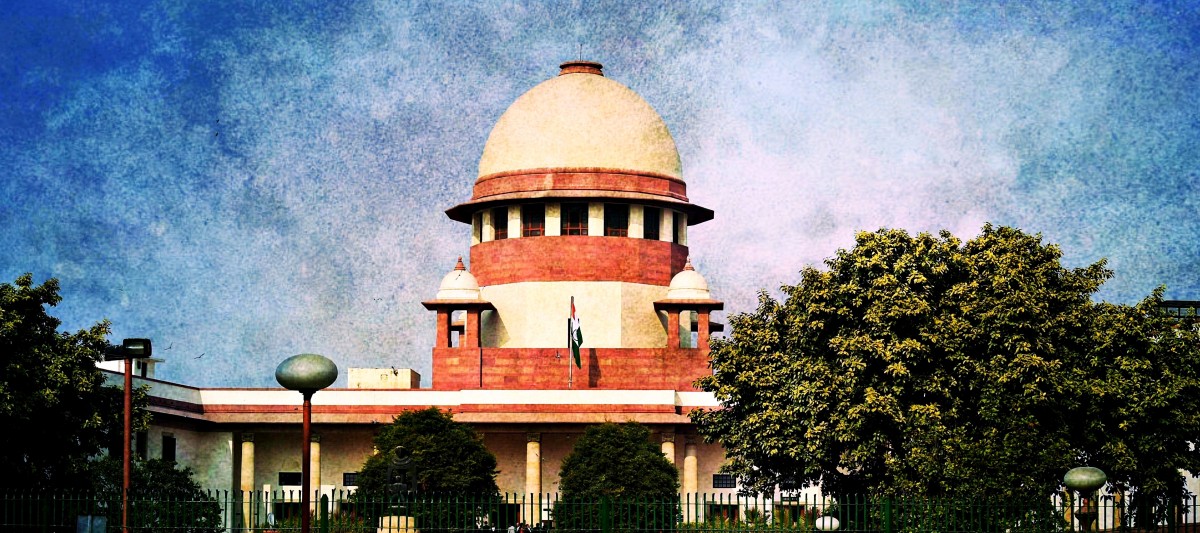Are we united as “One India, One Agriculture Market” at the crisis of Covid-19?
The central government had introduced major agricultural market reforms through three ordinances: –
The Essential Commodities (Amendment) Ordinance 2020,
The Farming Produce Trade and Commence (Promotion and Facilitation) Ordinance 2020.
The Farmers (Empowerment and Protection) Agreement on Price Assurance and Farm Services Ordinance 2020.
Items of Entry 14 in the state list of List II under the seventh schedule of the Indian Constitution relating to Agriculture: “Agriculture includes agriculture education and research, protection against pests and prevention of plant diseases”.
Article 249 of Constitution of India, the central is empowered with legislation power with subject, even in the state list, if the Centre thinks its necessary for the national interest.
The state of Tamil Nadu and West Bengal are opposing the said above ordinance passed by the central parliament. The Farming Produce Trade and Commerce (Promotion and Facilitation) Ordinance 2020 states: –
“The Central Government may, for carrying out the provisions of this Ordinance, give such instructions, directions, orders or issue guidelines as it may deem necessary to any authority or officer subordinate to the Central Government, any State Government or any authority or officer subordinate to a State Government”.
Also, the Farmers (Empowerment and Protection) Agreement on Price Assurance and Farm Services Ordinance, 2020:
“The Central Government may, from time to time, give such instructions, as it may consider necessary, to the State Governments for effective implementation of the provisions of this Act and the State Governments shall comply with such instructions.”
Both the above statement explains that the central will have more power and monopoly in the field of agriculture than compared to the state legislation. the ordinance seeks to replace the state Agriculture Produce Market Committee (APMC) Acts of all states and particularly the Chhattisgarh Krishi Upaj Mandi Adhiniyam, 1972 and its by-law.
As the above points lead to filing a plea at High Court of Chhattisgarh challenging the ordinance as it violates the Article 14, 23 and 246 of the Constitution filed by Chhattisgarh Kisan Congress (the farmer’s wing of Indian National Congress in Chhattisgarh) filed through Advocate Aman Saxena.
The article 14 is violated as it fails to classification equally between the state and the centre.
The article 23 is violated to protect from exploitation as the ordinance prompts monopoly to centre.
The article 246(3) violated as giving exclusive power to make law only to centre.
Hence, bench of Justice PR Ramachandra Menon and Justice Parth Prateem Sahu at High Court of Chhattisgarh by issue notice in plea to the check the constitutional validity of the said ordinance.


